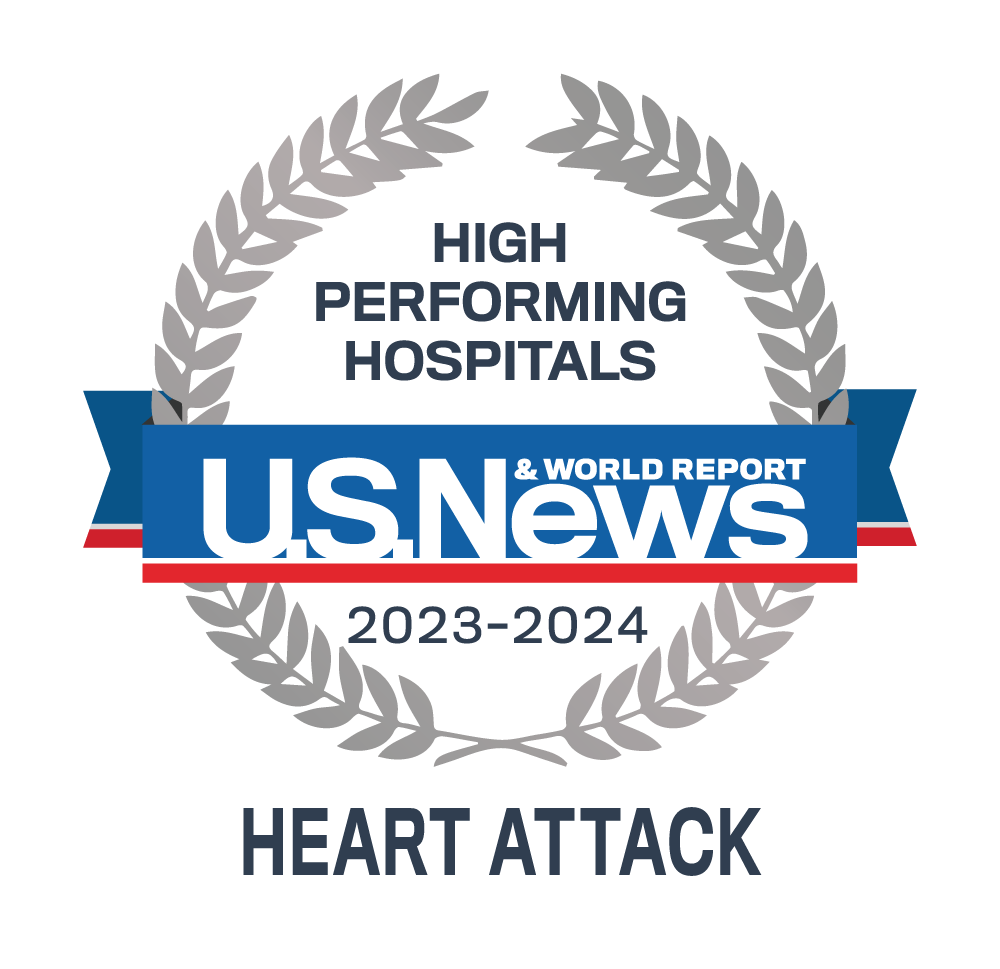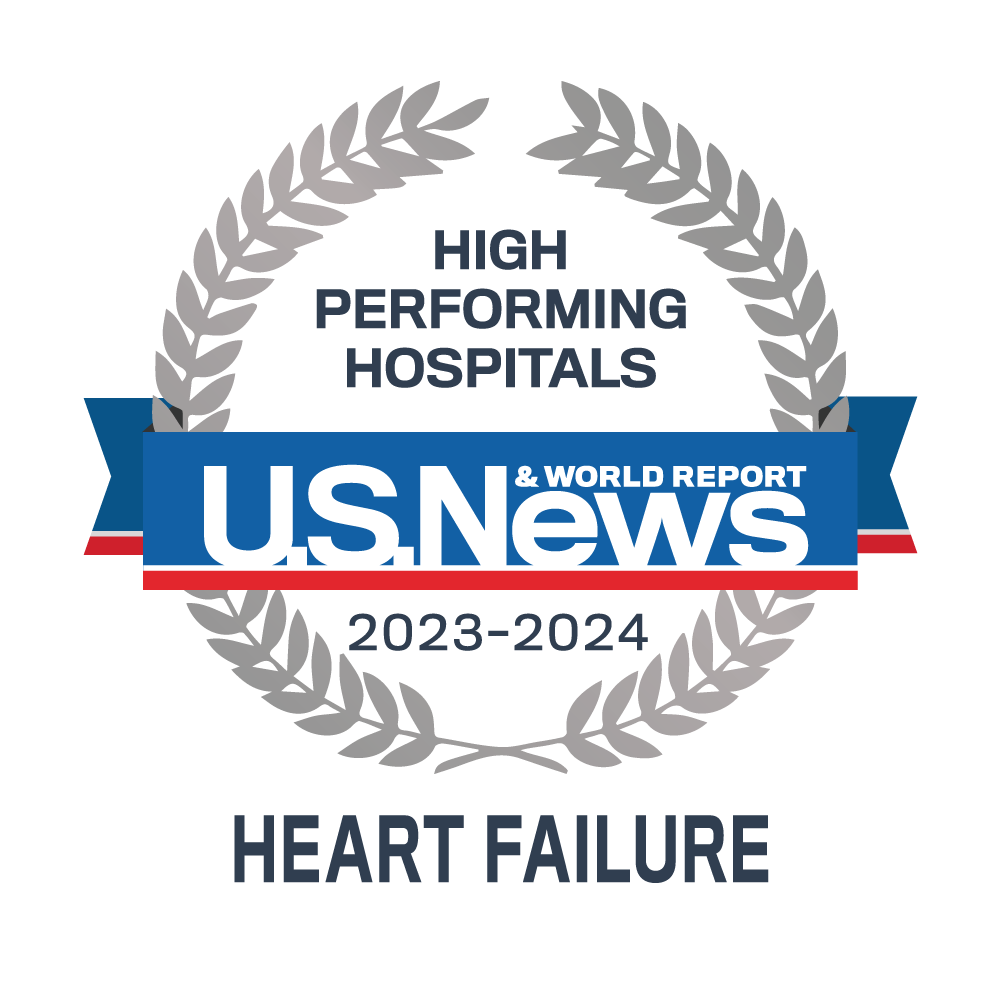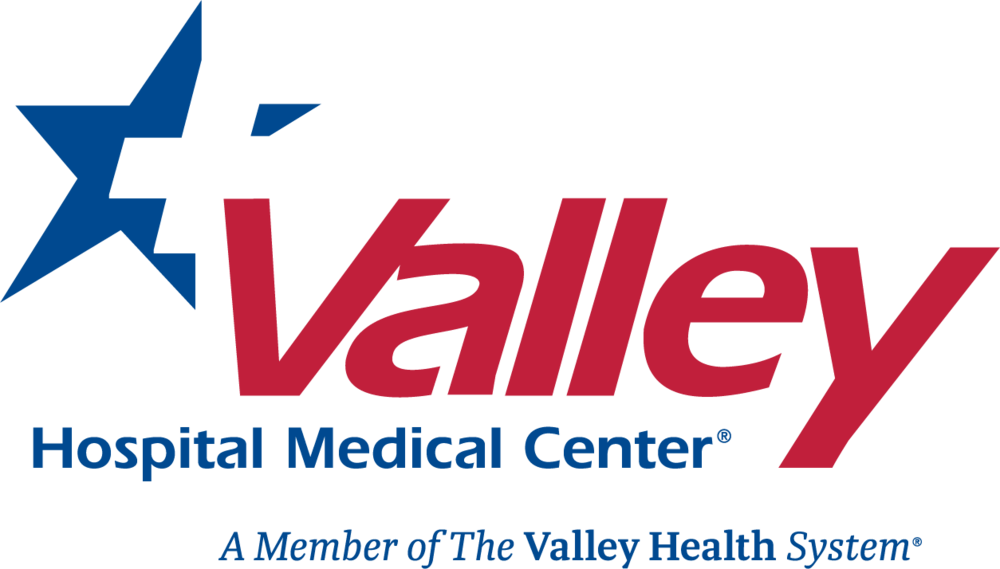Advanced Cardiovascular Care at Valley Hospital
Your whole body depends on your heart health. The Centers for Disease Control and Prevention (CDC) report that heart disease is the top cause of death for American adults. The good news is that there is much you can do to keep your heart healthy.
We provide patients with comprehensive services for the treatment of cardiovascular disease. At Valley Hospital, advanced technology and medical expertise come together in one convenient location.
Need a cardiologist?
For a free referral, call 702-388-4888 or search for a physician online.
Valley Hospital in Las Vegas can help prevent, diagnose and treat a wide range of heart conditions. A team of cardiologists, surgeons and other heart specialists is ready to serve you. They can help whether you have an emergency or need routine care.
Our Services
Atrial fibrillation treatment
Treatment options include medications and procedures to help restore normal heart rhythms.
Cardiovascular surgery
Cardiac surgeons at the Valley Hospital perform a wide range of cardiovascular procedures. These include coronary artery bypass surgery, other revascularization procedures and valve repairs and replacements, to help patients with advanced heart disease.
Cardiac catheterization
Cardiac catheterization involves the use of radiological equipment to diagnose and treat some forms of heart disease.
Imaging equipment and dyes may be injected into the arteries. Tools, such as balloons and stents, are fed through a catheter (ultra-thin tube) into the arteries to reduce stenosis and increase blood flow. Stenosis happens when the blood vessels narrow.
Chest Pain Center
The Chest Pain Center at Valley Hospital offers rapid, around-the-clock treatment of heart attack and suspected heart attack.
Congestive heart failure services
A variety of procedures are available to support patients with serious impairment in their heart functions. These include a range of operations, including bypass surgery, valve repair and removal of non-functioning parts of the heart. In addition, a range of implantable devices can be used to support heart function.

 Valley Hospital was rated a High Performing Hospital for Heart Failure and Heart Attack by U.S. News & World Report for 2023-2024. A high performer rating indicates a hospital was significantly better than the national average in a given procedure or condition.
Valley Hospital was rated a High Performing Hospital for Heart Failure and Heart Attack by U.S. News & World Report for 2023-2024. A high performer rating indicates a hospital was significantly better than the national average in a given procedure or condition.
Deep vein thrombosis treatment
Several treatment options are available when DVT has been diagnosed, including medication, surgery to remove blood clots, and other procedures to break up blood clots and restore normal blood flow.
Peripheral arterial disease (PAD) services
After PAD has been diagnosed, several treatment options are available. These include medications, bypass surgery and surgical angioplasty.
Award-Winning Care
- The Joint Commission and American Heart Association® recognize Valley Hospital as a Primary Heart Attack Center. This means that we're dedicated to providing advanced cardiac care when minutes matter.
-
 American Heart Association® Mission: Lifeline®Gold Receiving STEMI Quality Achievement Award (2022).
American Heart Association® Mission: Lifeline®Gold Receiving STEMI Quality Achievement Award (2022).
Signs of a possible heart attack
Chest pain is just one sign of possible heart attack. Men and women may have different symptoms. Men can often have “classic” signs of a heart attack:
- Discomfort in the center of the chest that goes away and returns
- Fainting, shortness of breath or nausea
- Pain that spreads to the neck, shoulders or arms
In addition to a milder form of the "classic" symptoms, women may also experience:
- Shortness of breath or difficulty breathing
- Back or jaw pain
- Nausea, vomiting or dizziness
- Palpitations, paleness or cold sweats
- Mild, flu-like symptoms
To help prevent heart attack, it is important to avoid high cholesterol and high blood pressure. Cardiologists at Valley Hospital can work with you and the primary care physician to lower your risk. This may include a heart-healthy diet as well as regular exercise.
